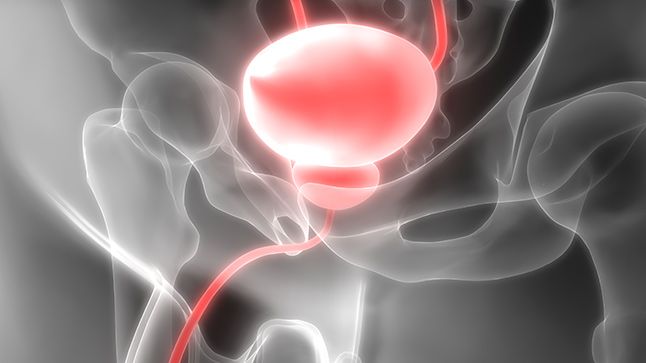FDA Approves Sirolimus Protein-Bound Particles for Advanced Malignant PEComa
The FDA approval of sirolimus protein-bound particles marks the first approved therapeutic option for patients with advanced PEComa.
The FDA has approved sirolimus protein-bound particles (Fyarro) as an intravenous treatment for adults with locally advanced unresectable or metastatic malignant perivascular epithelioid cell neoplasm (PEComa).
The approval of the nanoparticle albumin-bound mTOR inhibitor represents the first approved therapy to treat this patient population, according to a press release issued by Aadi Bioscience, the agent’s manufacturer.1
Updated findings from the AMPECT registration trial (NCT02494570) supported the regulatory decision. The trial demonstrated that the regimen induced highly durable responses with a long-term median duration of response (DOR) that had not been reached at that point. The independently assessed objective response rate (ORR) was 39% (95% CI, 22%-58%), thus reaching the trial’s primary end point.2
“The approval of Fyarro, the first approved drug for advanced malignant PEComa, an aggressive sarcoma with a poor prognosis and few treatment options, will provide physicians with a new weapon for treating patients with this rare disease,” stated principal investigator Andrew Wagner, MD, PhD, Dana-Farber Cancer Institute, in the release. “In our AMPECT trial, Fyarro demonstrated durable responses in mTOR inhibitor-naïve patients with locally advanced unresectable or metastatic PEComa, with an acceptable and manageable safety profile. This is a drug that will be welcomed by the physician community as the only approved therapeutic option for patients with advanced malignant PEComa.”
The AMPECT trial assessed a total of 34 patients, of whom the median age was 60 years, and from whom 44% of patients were 65 years or older. Eighty-two percent of patients were female, and 7% were White. Additionally, 15% had locally advanced disease while 85% had metastatic disease.
Among those who responded to the agent, 92% experienced a response which lasted 6 months or greater, 67% experienced a response which surpassed 12 months, and 52% experienced a response for at least 2 years.
Notably, patients whose disease harbored the TSC2 mutation experienced high response rates following treatment with the agent. Each patient with a TSC2 mutation experienced some degree of target lesion response (n = 8/9; 89%; P < .001).
Because sirolimus protein-bound particles are part of the mTOR class, patients who receive this agent may develop stomatitis, myelosuppression, infections, hypokalemia, hyperglycemia, interstitial lung disease hemorrhage, and hypersensitivity reactions. The most common grade 3 adverse events (AEs) that were non-hematologic included stomatitis’s, rash, fatigue, and infections. More than 10% of patients also experienced grade 3 lymphocytopenia, increased glucose, and decreased potassium.
“Patients living with locally advanced or metastatic PEComa are in urgent need of new treatment options. The approval of Fyarro is a significant advancement for treating patients with this disease,” said Robert G Maki, MD, PhD, Clinical Director of the Sarcoma Program and professor of medicine at the University of Pennsylvania, in the release. “Treating sarcoma patients in my practice, I have seen the need for a therapy that addresses the specific molecular alterations of advanced malignant PEComa. I am encouraged that Fyarro provided a clinically meaningful benefit in overall response rate, with some patients responding for up to several years. I am pleased to have Fyarro as a new therapeutic option to offer my advanced malignant PEComa patients."
References
- Aadi Bioscience announces FDA approval of its first product Fyarro for patients with locally advanced unresectable or metastatic malignant perivascular epithelioid cell tumor (PEComa). News release. Aadi Bioscience; November 23, 2021. Accessed November 23, 2021. https://yhoo.it/3nIYc0i
- Wagner AJ, Ravi V, Riedel RF, et al. Long-term follow-up for duration of response (DoR) after weekly nab-sirolimus in patients with advanced malignant perivascular epithelioid cell tumors (PEComa): results from a registrational open-label phase II trial, AMPECT. J Clin Oncol. 2020;38(suppl 15):11516. doi:10.1200/JCO.2020.38.15_suppl.11516


